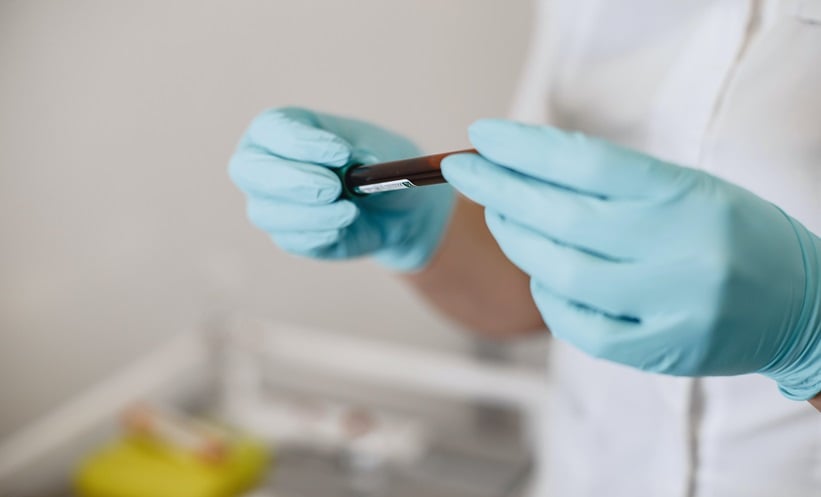IN a groundbreaking study, researchers from Cleveland Clinic, Ohio, USA, demonstrated that a fully automated artificial intelligence (AI) approach can predict post-nephrectomy glomerular filtration rate (GFR) with a level of accuracy comparable to validated clinical prediction models.
Nour Abdallah, Cleveland Clinic, emphasised the significance of this AI-based prediction, stating that clinicians often face challenges in predicting post-operative GFR accurately, a crucial factor in tailoring personalised treatment plans for patients with renal masses.
The American Urological Association (AUA) recommends estimating post-operative GFR to guide decisions between partial and radical nephrectomy. While validated clinical models exist, their adoption in clinical practice remains limited. To address this, Abdallah and colleagues developed an AI GFR prediction model automatically calculated from pre-operative CT scans.
The study included 293 patients, who underwent either partial (62.1%) or radical nephrectomy (37.1%). The researchers compared the AI model’s GFR estimations with those of the clinical model, and measured post-operative GFR. The AI model demonstrated a correlation coefficient of 0.75, comparable to the clinical model’s 0.77. Both models exhibited similar performance in predicting post-operative GFR less than 45, with an area under the curve of 0.89 for the AI model, and 0.90 for the clinical model.
Abdallah highlighted the potential impact on clinical workflows, stating that clinicians typically take at least 5 minutes to make such predictions manually. The researchers plan to validate the AI model in a larger cohort and, ultimately, integrate it into the treatment paradigm at Cleveland Clinic. Abdallah stated that he saw AI as a crucial asset in kidney cancer management, and emphasised the importance of clinicians actively participating in AI research to ensure its proper and effective use in the medical field.








